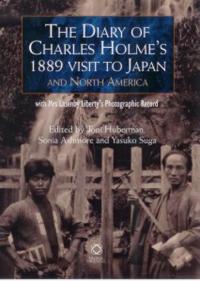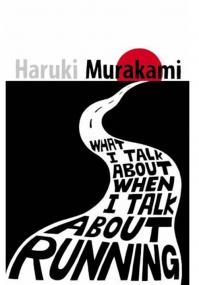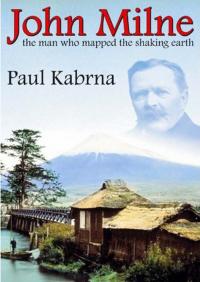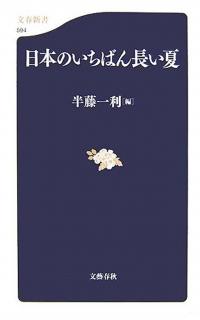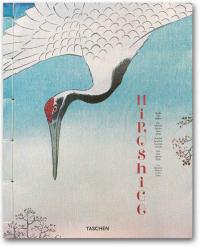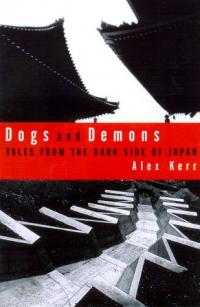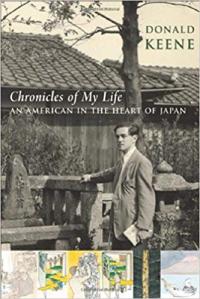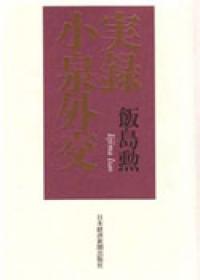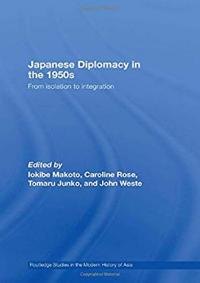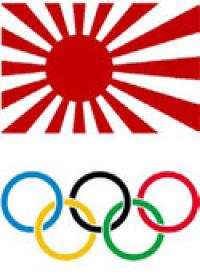The Japan Society Review
The Japan Society Review is an digital publication covering Japan-related books and films, as well as theatre and stage productions, tv series and exhibitions. Published since 2006, it is released now on a quarterly basis and is available online on our website and printed for members. Its purpose is to inform, entertain and encourage readers to explore the works for themselves.
The Japan Society Review is possible thanks to the work of volunteers who dedicated their time and expertise to help us to promote the learning and understanding of Japanese culture and society.
To become a reviewer, please fill the form here and let us know a little about you, your professional or academic background, your interest, passion or expertise regarding Japan and the type of works you would like to review.
If you have any questions, please contact reviews@japansociety.org.uk.
Books
The Diary of Charles Holme’s 1889 Visit to Japan and North AmericaThe Diary of Charles Holme’s 1889 Visit to Japan and North America with Mrs Lasenby Liberty’s Japan: A Pictorial Record Edited by Toni Huberman, Sonia Ashmore, Yasuko Suga Global Oriental, 2008, 240 pages (including 8 plates and 50 photographs by Lasenby Liberty), hardback £65.00, ISBN-13: 978-1905246397 Review by Dr Jill Raggett
Books
What I Talk About When I Talk About RunningBy Haruki Murakami This book is a fascinating account of Murakami’s road to becoming a writer, tied up with his reasons for taking up running. In 1979, Murakami, young and out of University after having studied Greek drama, was at a baseball game. Review by Mikihiro Maeda
Books
John Milne: the man who mapped the shaking earthBy Paul Kabrna Craven and Pendle Geological Society, 2007, 120 pages, paperback £6.50, (Special offer price to Japan Society members, just £5.00 including p & p. E-mail paul_kabrna@msn.com), ISBN 978-0-9555289-0-3 Review by Paul Wignall
Books
Nihon no Ichiban Nagai Natsu (Japan’s Longest Summer)Edited by Kazutoshi Hando Bunshun Shinsho, Bungei Shunju, October 2007, 181 pages, paperback ¥70, ISBN-13: 978-4166605941 Review by Fumiko Halloran
Books
Hiroshige. One Hundred Famous Views of EdoBy Melanie Trede and Lorenz Bichler Taschen, 2008, 294 pages, Japanese binding & bookcase £80.00, ISBN: 978-3-8228-4827-2 Review by Sir Hugh Cortazzi
Books
Dogs and Demons: The Fall of Modern JapanEdited by Alex Kerr Penguin Books, 2001, 432 pages, ISBN: 0141010002 Review by Hiroko Kawai (GLOCOM)
Books
Chronicles of My Life, An American in the Heart of JapanBy Donald Keene Columbia University Press,New York, 2008, 208 pages, including photographs and list of names of Japanese mentioned in the text. Hardback £16.50. ISBN 13: 978-0231144407 Review by Sir Hugh Cortazzi
Books
Jitsuroku Koizumi Gaiko (Records of Koizumi Diplomacy)By Isao Iijima Nihon Keizai Shimbun Shuppansha, 2007,343 pages. Hardback ¥1,890. ISBN -13: 978-4532352714 Review by Fumiko Halloran
Books
Japanese Diplomacy in the 1950s: From Isolation to IntegrationEdited by Iokibe Makoto, Caroline Rose, Tomaru Junko, and John Weste Routledge, 2007, 215 pages including index and notes. Hardback £75.00. ISBN13: 978-0415372961 Review by Sir Hugh Cortazzi
Books
The 1940 Tokyo Games: The Missing Olympics – Japan, the Asian Olympics and the Olympic MovementBy Sandra Collins Routledge, London and New York, 2007, 198 pages. Hard Back £65.00. ISBN-13: 978-0415373173 Review by Ben-Ami Shillony


